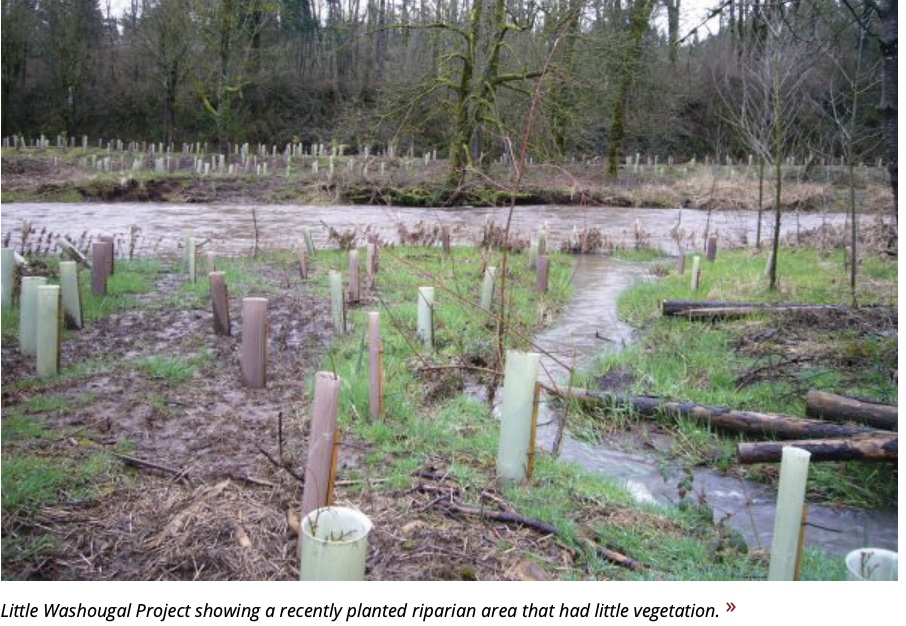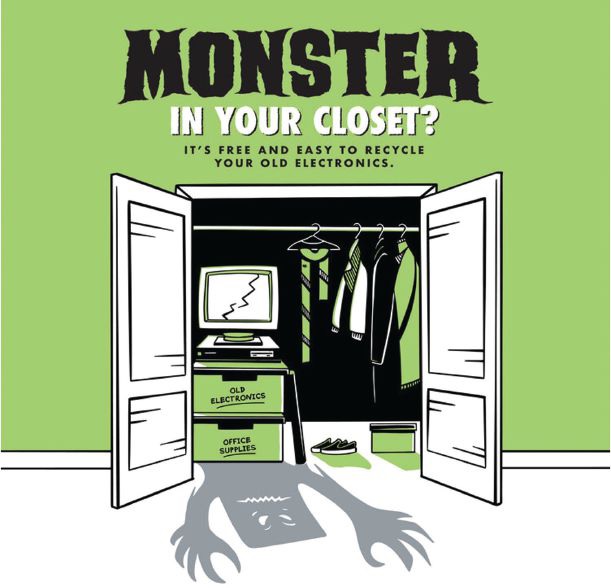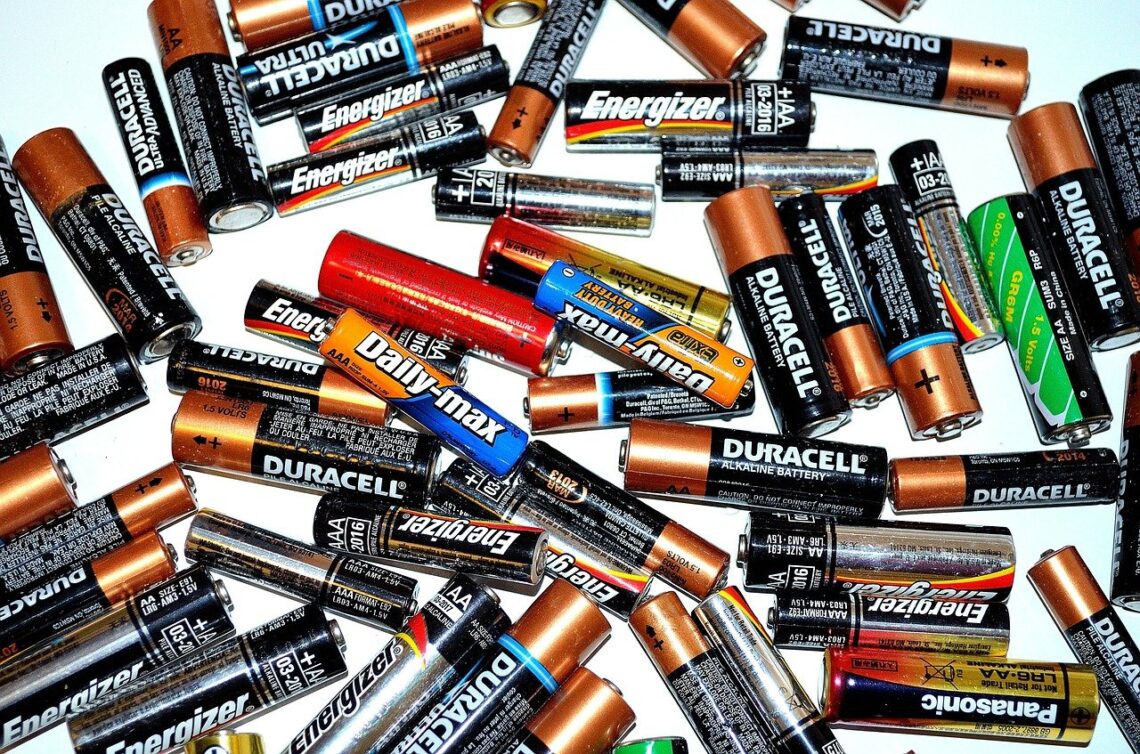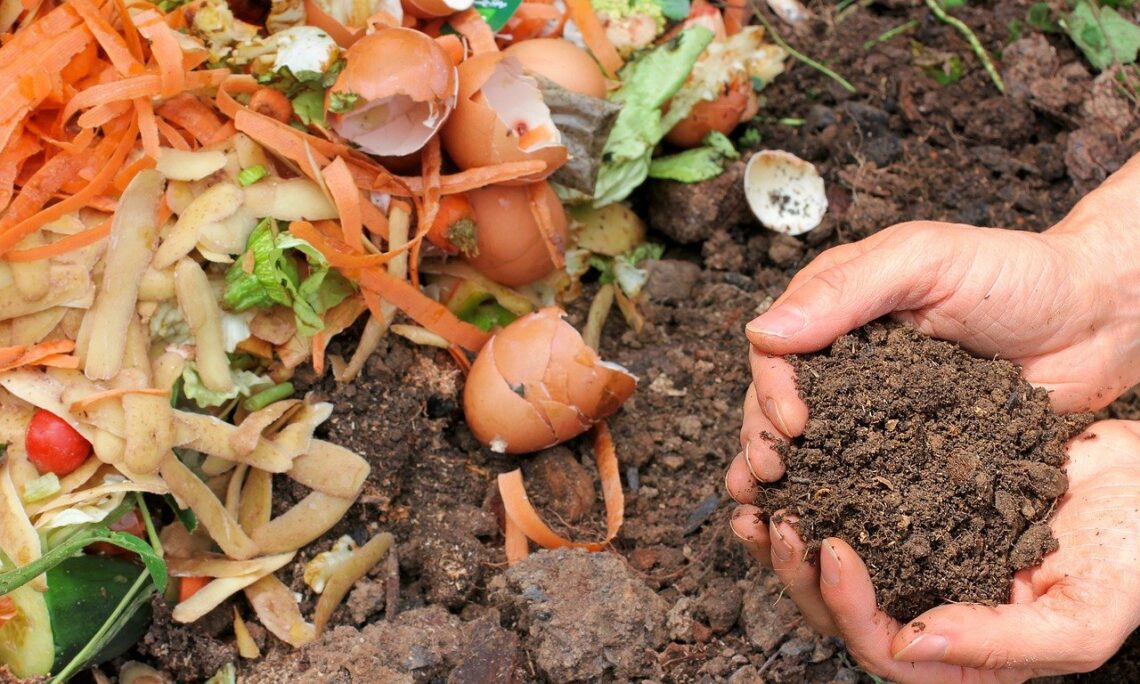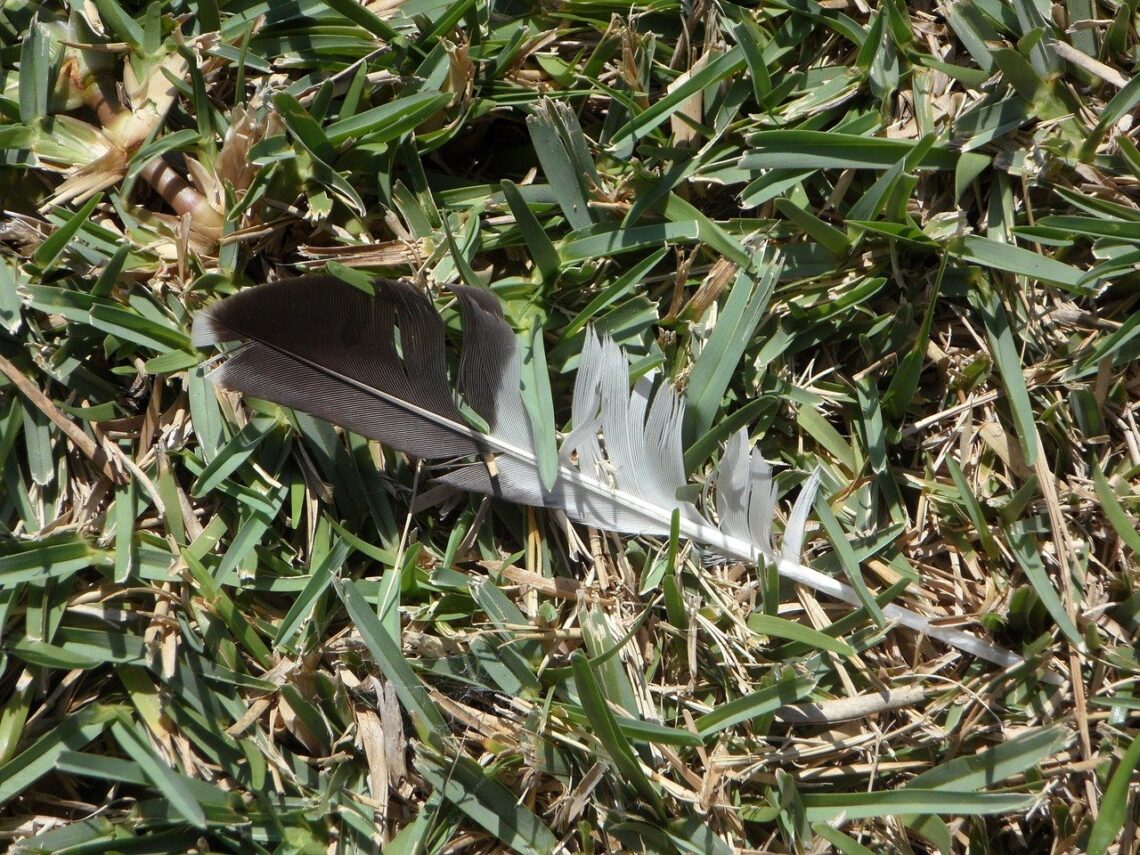Store Updates Aim to Encourage Creativity, Learning, and Community Connections Pendleton Woolen Mills, the lifestyle brand with roots as a Pacific Northwest woolen manufacturer since 1863, announces the completion of a renovation of their Mill Store located at 8500 SE McLoughlin Blvd, Portland, OR. Highlights of the renovation and expansion include: • New signage, deck, stairwell, and fresh exterior paint using Pendleton Blue with National Park Stripe trim, as seen from SE McLoughlin Boulevard. • An expanded selection of Made in the USA wool fabrics and mill materials. • Extensive and engaging educational displays focused on how wool is used in crafts and home décor. • Coming 2022: Classroom space…
-
-
Recycle Or Not
This Portland-area campaign wants to reduce waste and make a big difference for the environment. Many of us are getting more packages in the mail these days. More packages mean more packing materials—and more confusion about what belongs in your trash can and what can go in your recycling bin. You can’t recycle plastic-padded envelopes at home or at work, but there are steps you can take to reduce your waste. When online shopping, consider bundling your orders, so items come in just one package. Or reuse them for shipping — be sure to remove old mailing addresses or barcodes and reseal them with packaging tape. You can also use…
-
Let’s Protect Our Riparian Areas
The Pacific Northwest is known for its water—whether falling from the sky, melting from high peaks, or flowing towards the ocean—we have such a seeming abundance that it’s easy to take for granted. But, when was the last time you gave a second thought to the wonders of the hydrologic cycle or reflected on the unique role of the riparian plants that are specially adapted to live close to water? If you aren’t familiar with the term, “riparian” refers to the area of vegetation surrounding waterways (ponds, lakes, streams, rivers, etc.). The plant communities occurring at this land-water interface are incredibly biodiverse when healthy, and they provide many benefits to…
-
Is There a Monster in Your Closet?
Oregon E-Cycles: In Oregon, it’s free and easy to safely recycle TVs, computers, printers, monitors, and tablets through a no-cost statewide program known as Oregon E-Cycles After more than a year plus of COVID-19 quarantine, are you feeling a little cramped? Feeling like there’s too much stuff and not enough space? If your excess stuff includes electronics that you no longer use, you’re in good company. Over two-thirds of households in Oregon report that they have old, unused electronics taking up space in their home. And many share the concern that they want to dispose of them safely, to keep our state free from the hazardous materials they may contain,…
-
Recycling Batteries
KEEPING CHEMICALS OUT OF LANDFILLS TO SAVE THE EARTH Did you know that Americans use and discard millions of single-use and rechargeable batteries each year? Our increasingly large taste for lightweight power tools, “smart” devices, and electronics has caused an explosion of these metal-containing entities. Unfortunately, some of the chemicals they contain are harmful to the environment, including mercury, lead, cadmium, nickel, and silver. Others contain cobalt, lithium, and graphite—which are difficult to obtain from the earth and may become unavailable before the end of this century. Single-use batteries include: • The old tried and true alkaline and zinc-carbon (tubular and rectangular) batteries.• The newer button-cell or coin batteries.• The…
-
Buy Land and Plant
An Adventure in Reforesting A decade or so ago, I came across an article in the local paper about a retired school teacher who owned some land a couple of hours east of my city of Portland, Oregon, and spent his golden years planting trees. He had planted 10,000 trees up to that point, aiming to reforest a semidry area of land east of the Cascade mountains, where ponderosa pines flourished before the arrival of Europeans and had been mostly clearcut to create pasture. Something about the article resonated and stuck with me to this day. It was powerful to see an individual intentionally rewilding an area, giving it back…
-
Keeping Up With Electric Vehicles
As more car companies get on the electric vehicle (EV) bandwagon, the number of makes and models available just keeps growing, making it hard for consumers to keep up with them all. Fortunately, there is help. The US Department of Energy maintains a website with basic information on all vehicles sold in the US from 1984 to the present. To zero in on just EVs, it takes some time to thread your way through the various search options. But, the results show 287 EVs from the newest 2022s back to the 1998 Chevrolet Spark and Honda EV Plus. So, no matter if you’re looking to buy a new or used…
-
Do You Compost? And Why Not?
With every passing day, it becomes more clear that the planet is in serious danger if we don’t change our approach to protecting the environment. And while most of the onus of this change falls on national governments more so than individuals, there are still some things you can do. There are some major lifestyle changes that everyone should probably make if we are truly going to slow things down. These are things like altering your approach to transport by cutting down on how much you fly, and using public transport instead of driving where possible. It would also be helpful if the entire world stopped eating animal-based products. Aside…
-
‘Bird Emergency’
Study Shows North American Bird Population Has Fallen by Nearly One-Third in Less Than 50 Years “Protecting the natural world is essential to saving birds and humans alike” Study Shows North American Bird Population Has Fallen by Nearly One-Third in Less Than 50 Years North America lost 29 percent of its bird population—around three billion birds—over the last 49 years, according to a new report. “Decline of the North American avifauna,” a study released on Thursday in the journal Science, found that the continent has seen a net loss of 2.9 billion birds since 1970. “The birds are the canary in the coal mine,” The Bird Conservancy of the Rockies’…
-
Living Locally
(or Living la Vida Local) “Community’s not a sentiment. It has to do with necessity – with people needing each other. If you allow the larger industrial system to remove the pattern of needs that is the force holding people together, then you lose the community.” –Wendell Berry Well, this essay is different than what I had planned to write before Corona Virus became a household word and worldwide concern. What struck me is that in this time when so much has changed so rapidly, we have the opportunity to notice what we take for granted, how attached we are to certain things, and what is relatively easy to let go…



